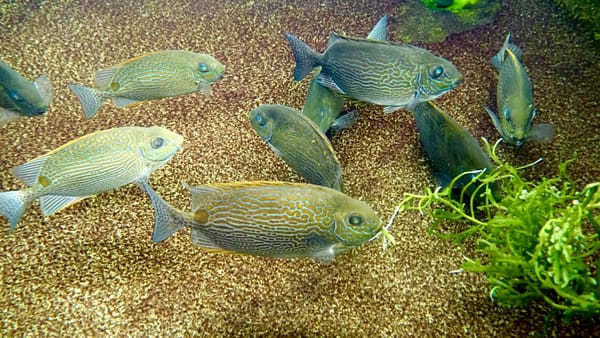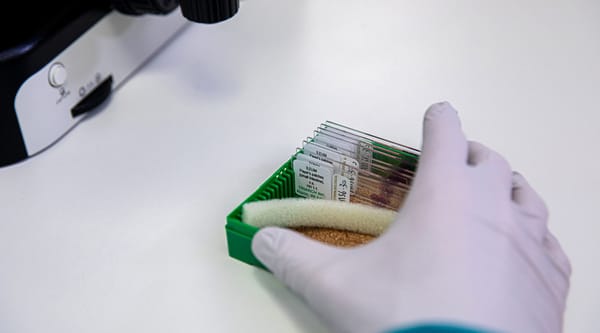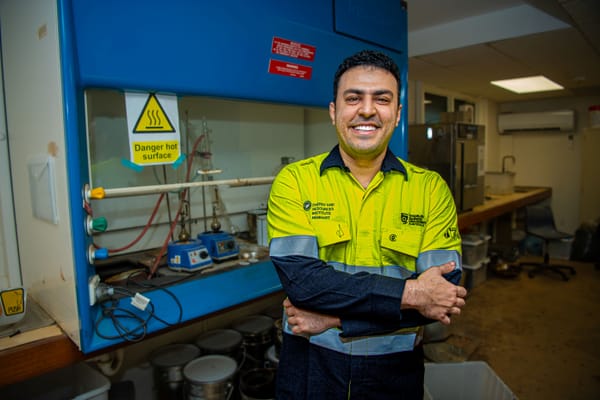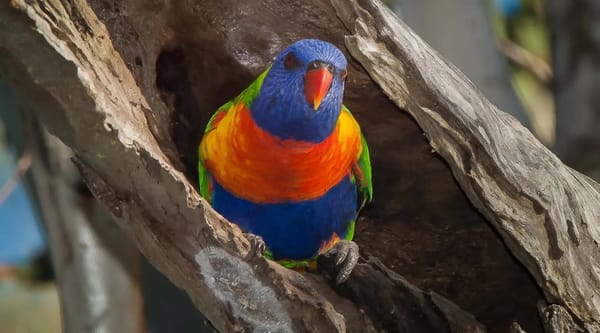Improving health information accessibility through a PhD
University of Melbourne PhD candidate John Paul Cruz is researching the accessibility of Australian digital health platforms.
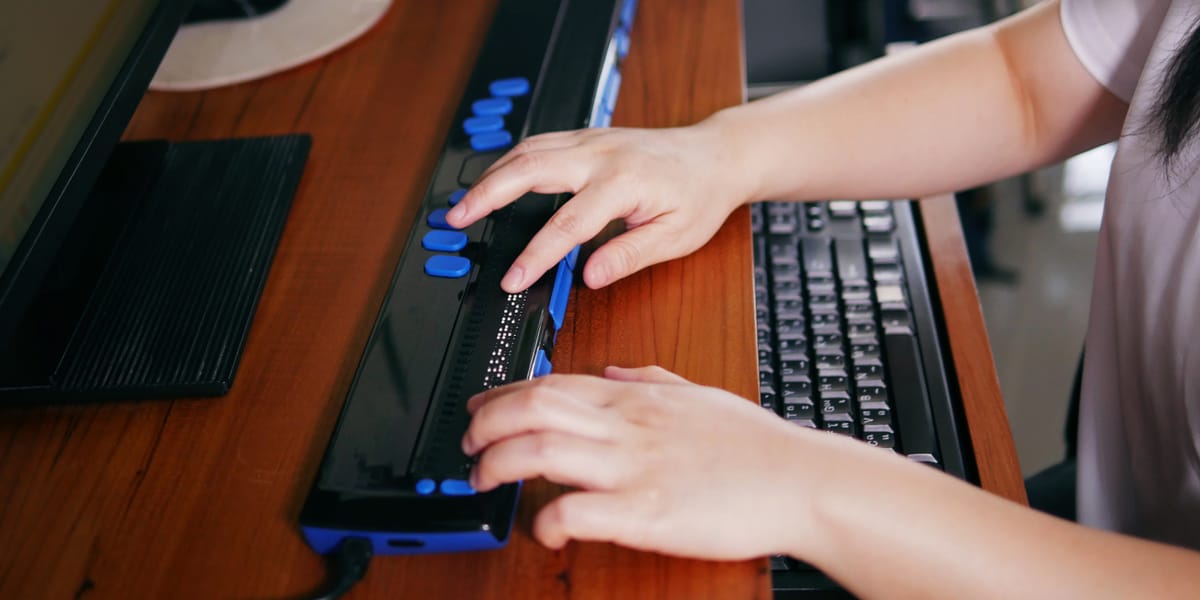
First published by The University of Melbourne
Life as a graduate researcher: John Paul Cruz
From hand washing signs to case number graphs, health information is often visual. How accessible is it to people with vision impairment? University of Melbourne PhD candidate John Paul Cruz is researching the accessibility of Australian digital health platforms.

“Back in 2008, I went completely blind. Overnight, I had to learn how to operate my computer – find the button to turn it on and then navigate the information that's there,” says University of Melbourne PhD candidate John Paul Cruz.
“From that experience I learned that there are people who access and use information differently from people who are sighted.”
John Paul has been working in disability policy for over a decade.
“For a long time, I was going to conferences and meeting the same people, the same group, the same crowd. While that was helpful in strengthening my engagement in the disability policy community, I felt that I needed to go beyond my usual network,” he says.
“I want to expand my knowledge and learn more from other disciplines. And at the same time, I want to learn how they communicate their data to other fields.”
John Paul relocated from the Philippines to Australia to complete a PhD in Engineering and Information Technology at the University of Melbourne.
Is health information accessible to Australians with visual impairment?

“My research is all about making health information accessible to everyone, specifically to visually impaired people,” says John Paul.
People with vision impairment use assistive technologies to navigate both physical and digital spaces. In digital spaces, they use screen readers, which speak out any text on the screen.
An estimated 450,000 Australians are blind or have low vision. And health information isn’t always accessible to them.
“For example, you have data visualisation for sighted people that looks really great. It's easy for them to digest information with just one graph,” John Paul says.
COVID-19 reporting often used case number graphs at the height of the pandemic. For people without vision impairment, this quickly communicated the risk of infection.
“But for people who are visually impaired or use a screen reader, that visual representation of data needs to be converted into text to allow them to read the information with a screen reader,” John Paul says.
Everyone deserves access to information to help them make decisions about their health.
During his PhD, John Paul will check Australian health digital platforms against accessibility guidelines. He will also interview people with vision impairment to find out whether they find those platforms to be accessible.
What to consider when applying for a PhD
John Paul says a PhD will advance his career in disability policy by giving him expertise in information systems as it relates to disability and accessibility.
“Looking at the background of the people who have been successful in the field, most of them have a PhD,” he says.
Applying for a PhD took John Paul three years of careful consideration. His main criterion was the language spoken in the country. He wanted to be able to engage with people outside the university.
“I had to consider relocation for my family, including my son, and where he's going to study. And then our dog, who was going to be transported from the Philippines,” he says.
Australia and New Zealand, with their long animal quarantine periods, were initially further down John Paul’s list.
But the social equity in engineering program at the University of Melbourne was appealing. Researchers at the University – who became his supervisors – were conducting information system research that interested John Paul.
And the program came with a PhD scholarship, offered jointly by the Faculty of Engineering and IT and Melbourne Social Equity Institute.
“The funding is very, very important. I don't think I would have even proceeded with applying to any PhD program if I did not have any scholarship. It is through grants that I was able to support my education from primary school to high school to undergraduate to masters, and up to now,” John Paul says.
The university also needed to be accessible to John Paul.
“It is important that the university has existing facilities and mechanisms to provide reasonable accommodations related to accessibility. For example, the built environment and learning materials should be accessible for people with visual impairment,” he says.
For me, the University of Melbourne met all these requirements. The university has been an enabling environment for me to do what I need to accomplish for my research.
John Paul Cruz

His dog has also rejoined John Paul’s family in Australia.
Finish your PhD – then save the world
John Paul has three supervisors guiding his research: Professor Shanton Chang, Dr Piers Gooding and Dr Simon Coghlan. Professor Chang and Dr Coghlan are experts in information systems, while Dr Gooding is an expert in human rights and the rights of people with disabilities.
“They also guide me as I settle in Melbourne, such as looking for a house or a good GP,” he says.
The University of Melbourne has helped John Paul connect with other researchers.
“I think that's the beauty of being in the university. I can reach out to anyone. Then I can be comfortable knowing that at some point these people are going to get back to me and share their expertise or knowledge or connections. That's something that you just don’t get outside of the university community,” he says.
“Being in the university has made it easy to make connections, expand my network, and even building new friendships.”
John Paul still has a few years of his PhD to go.
“My supervisor told me: ‘While you're doing your PhD, your main goal is just to finish your PhD. After that, you can try to save the world,’” he says.
“My short-term goal is to finish my PhD. After that I'll be saving the world hopefully by making it more accessible.”

